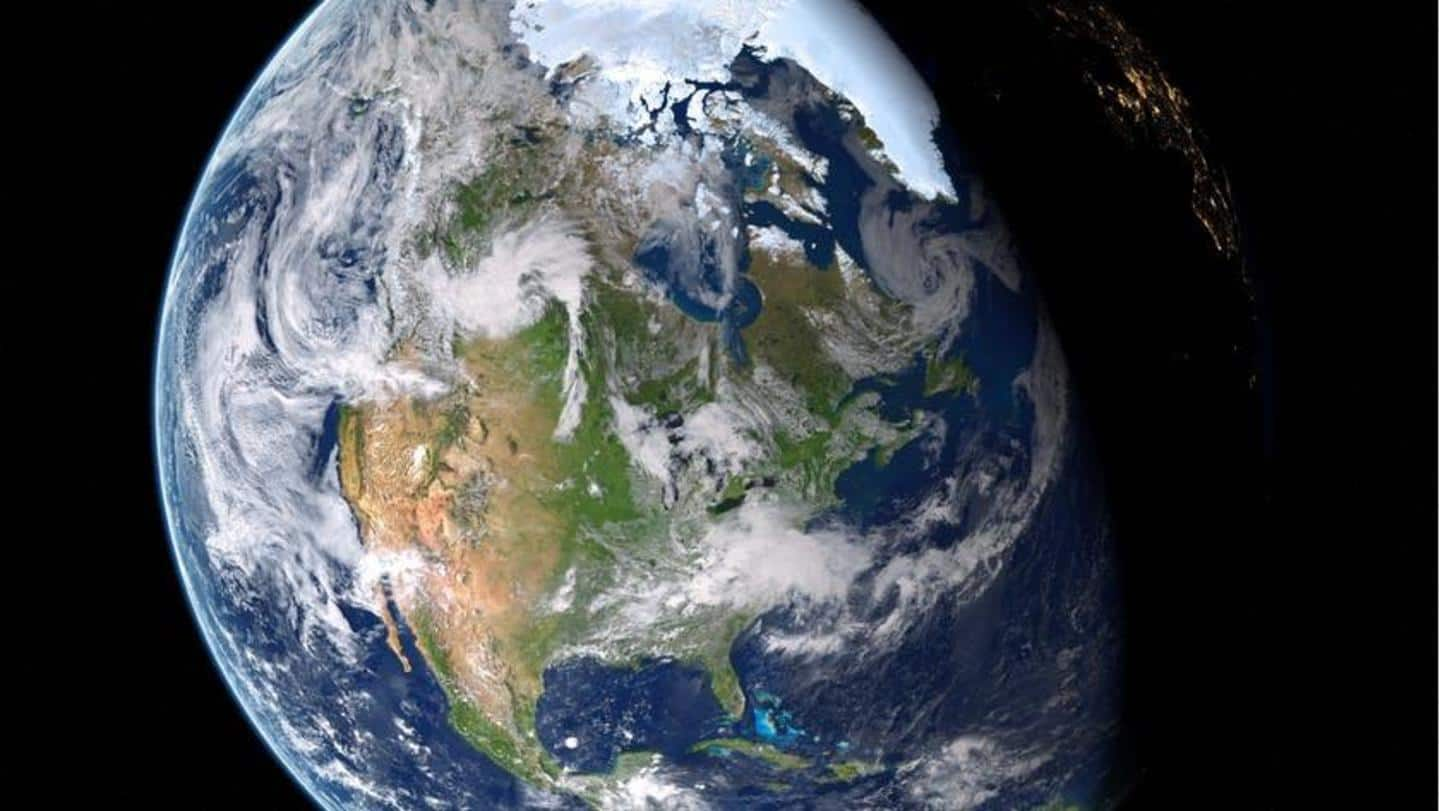
Earth is inching toward becoming one big supercontinent again: Study
What's the story
Earth has witnessed several supercontinents appear and disappear in the past including Columbia, Pangaea, and Rodinia. The huge landmass Pangaea that joined seven continents into one giant continent broke apart 200 million years back. According to scientists, we are again 200 million years away from a new supercontinent. A study published in the Geological Magazine in 2018 talks about all the prevailing scenarios.
Scenario
About the first scenario
The Pacific Ocean houses a set of subduction zones that fuel several earthquakes and volcanoes. This is the reason for earthquakes occurring on the Pacific Ocean edges, also called the Ring of Fire. The tectonic activity will make America smash into northbound Antarctica and then finally into Africa, Europe, and Asia. Australia would have joined East Asia. This will result in Novopangea, a mega-continent.
Hypothesis
What if Pacific and Atlantic close?
The Pacific and the Atlantic are 200 million and 180 million years old respectively. In case these two close, then the supercontinent of Aurica will originate. João C. Duarte, a professor who created the Aurica hypothesis said, "If the Indian Ocean opens in the future, and the Pacific and the Atlantic close, all seven continents will become one big Aurica around the equator."
Theory
About the Amasia theory
The Amasia theory, a word originating from a blend of Americas and Asia, speculates that the Arctic Ocean will close and the Atlantic and Pacific will continue to remain open. Except for Antarctica, all the continents will settle near the North Pole as they move northwards. This will lead to Antarctica on one side with one massive ocean surrounding the North Pole.
Climate
How Amasia land arrangements would affect the climate?
If the Amasia scenario takes over, then the ocean conveyor belt will be disturbed due to the lack of land in between. The poles will get colder due to the constantly-moving system of deep-ocean circulation that transports heat to the poles from the equator. The poles will be covered in ice throughout the year. The glaciated Amasia can eliminate life on Earth.
Aurica
How Aurica land arrangements would affect the climate?
The Aurica supercontinent will be a little warm and dry as compared to the climate we experience on Earth right now as it is supposed to be close to the equator. Michael Way, a scientist at NASA Goddard Institute for Space Studies believes that Aurica is the more likely scenario than Amasia. Mass extinction is still probable as various species might fight for survival.